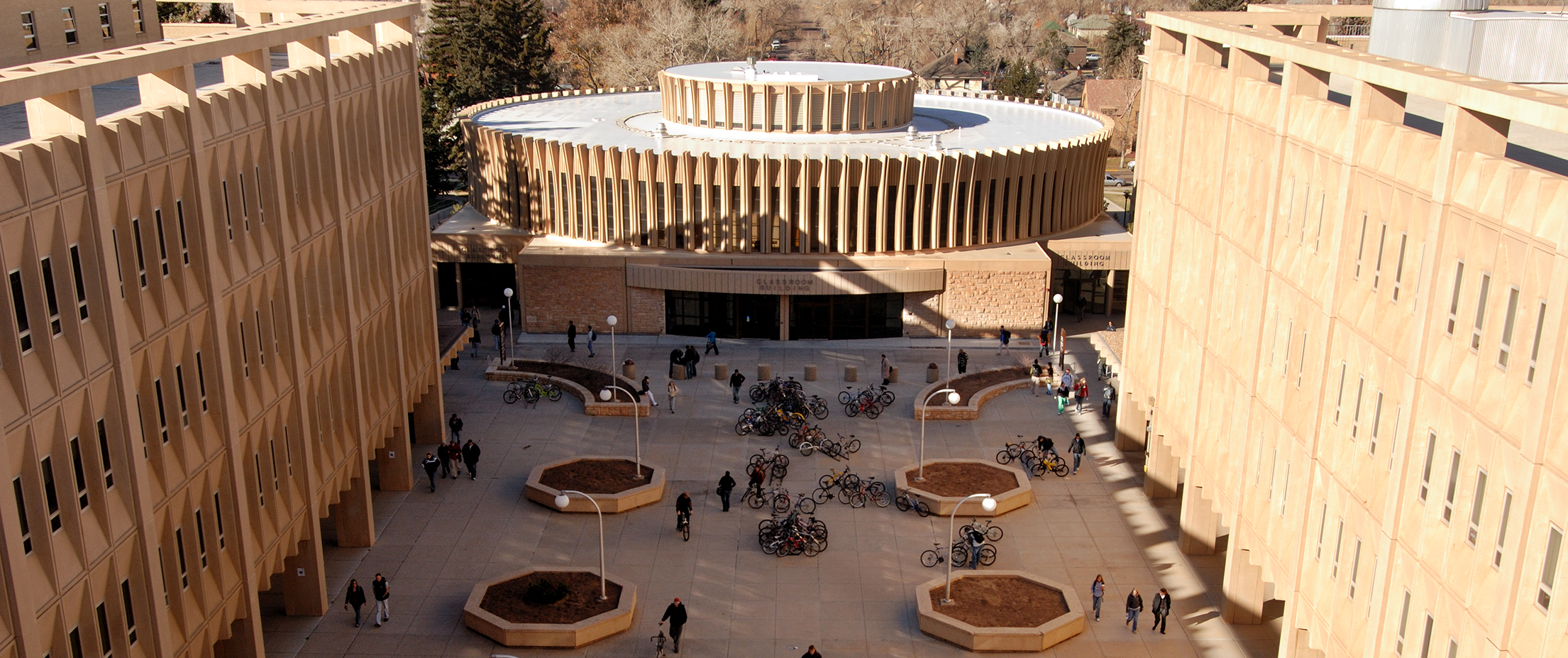Important Links
Applying
Thinking about applying to the MPA Program? Click the following link for application instructions and further information regarding deadlines, requirements etc.
Click Here For MoreFunding
Learn about financial assistance opportunities and scholarships available to MPA students
Faculty and Staff
Meet the faculty and staff members who help to run the MPA program/School of Politics, Public Affairs, and International Studies
Interdisciplinary Programs
Explore the various academic concentrations available for students to pursue via the MPA program
Internships
All MPA students must meet an internship credit requirement, more information/advice on how to fulfill this requirement can be found at the following link
Frequently Asked Questions
Have more questions? Click the following link for answers to some of our most frequently asked questions
What's an MPA For
Our national, state, and local governments are being asked to perform an increasing variety of functions and services. Today, approximately one of every five persons in the workforce is employed by government, directly or indirectly. Governments must cope with difficult issues and problems that compete for attention and resources. To do this, governments need dedicated, motivated and trained administrators, analysts and specialists.
Masters of Public Administration programs provide education and training for these professionals. The MPA is often a prerequisite to advancement in federal, state and local government agencies. The degree program typically covers a broad range of topics, including:
-
Political and Legal Institutions/Processes
-
Economic, Intergovernmental and Social Systems
-
Organizational and Managerial Skills/Practices
-
Budgeting and Financial Administration
-
Personnel and Human Relations
In addition, MPA programs generally provide opportunities for specialization in some policy area or management practice. Government policies and decisions affect many facets of life - political, social, religious, economic and psychological. Government employees come from a variety of educational backgrounds, and possess a wide array of training and occupational orientations. An MPA program encourages this broad spectrum. Public Administration requires interdisciplinary study.

Important Resources
INTERDISCIPLINARY PROGRAMS
The criminal justice concentration within the Master of Public Administration program (CJ-MPA) is designed for individuals who aspire to take-on the challenges of criminal justice administration and policy reform in the 21st Century. Courses are offered through a online education format, which allows students the flexibility to complete their degree in their community while working full-time.
The Non-Profit focus within the Master of Public Administration program is intended for students hoping to apply their academic and professional experience primarily towards administrative work in the non-profit sector, but many also apply this knowledge in order to work in an academic setting or as an intermediate degree as they pursue further schooling, click the above to learn more.
The JD/MPA prepares students for a variety of public sector roles, including leadership, management, and administrative positions in government and non-profit organizations; to instill in students’ public service values and professional ethics; and to promote a commitment to the improvement of government and social institutions.
The Haub School of Environment and Natural Resources offers a unique major that will add a broad interdisciplinary, environmental understanding to any graduate experience at the University of Wyoming. In addition to MPA coursework, students are able to ground their policy and administrative experience in the cultural, legal, and scientific elements of today's most complex environmental challenges. Click the above link to learn more.

The mission of the Masters of Public Administration Program at the University of Wyoming is to prepare pre- and in-service students for a variety of public sector roles, including leadership, management, and administrative positions in government and non-profit organizations; to instill in our students public service values and professional ethics; and to promote a commitment to the improvement of government and social institutions.


